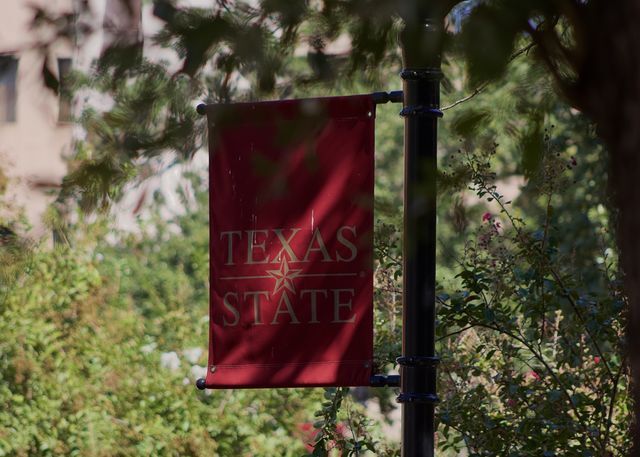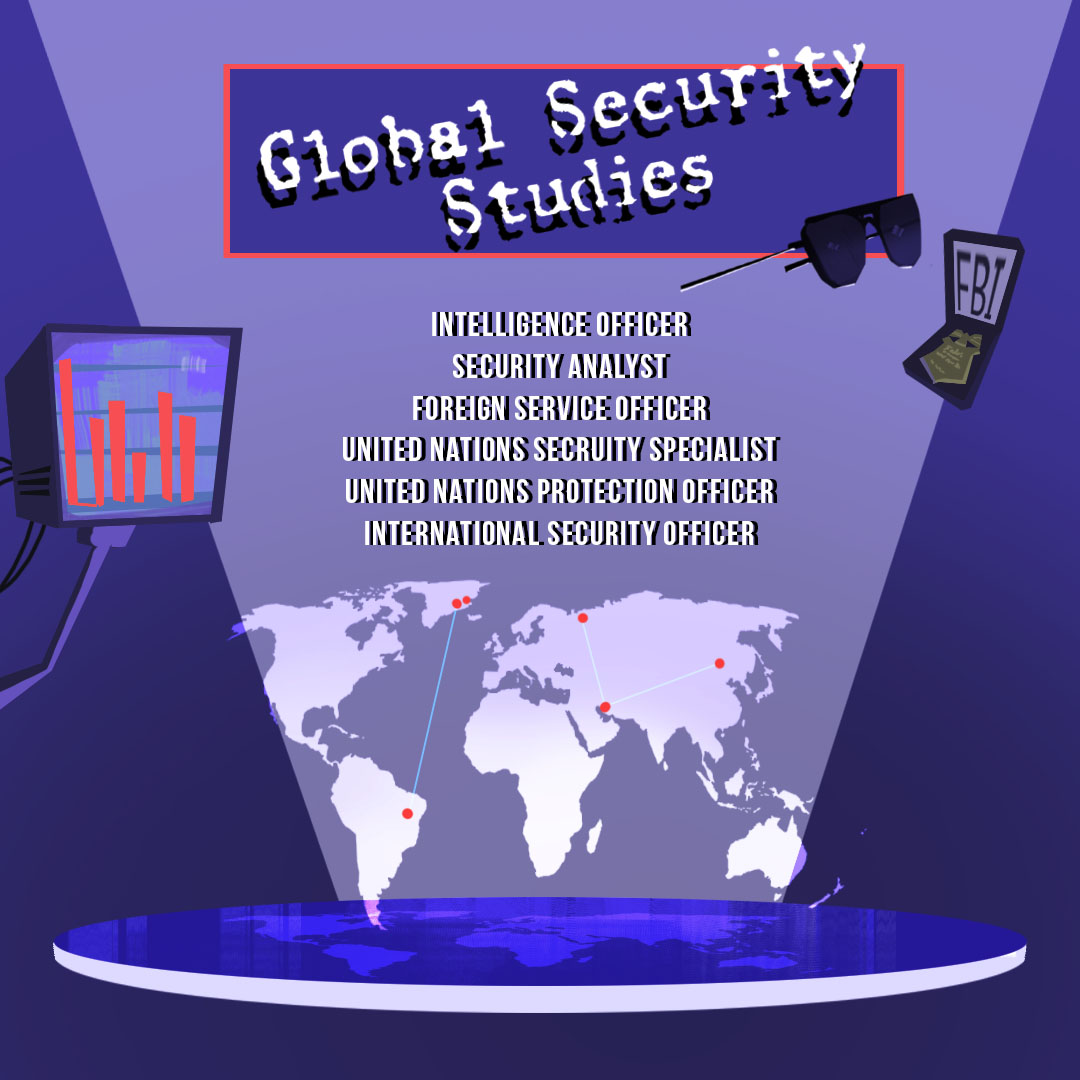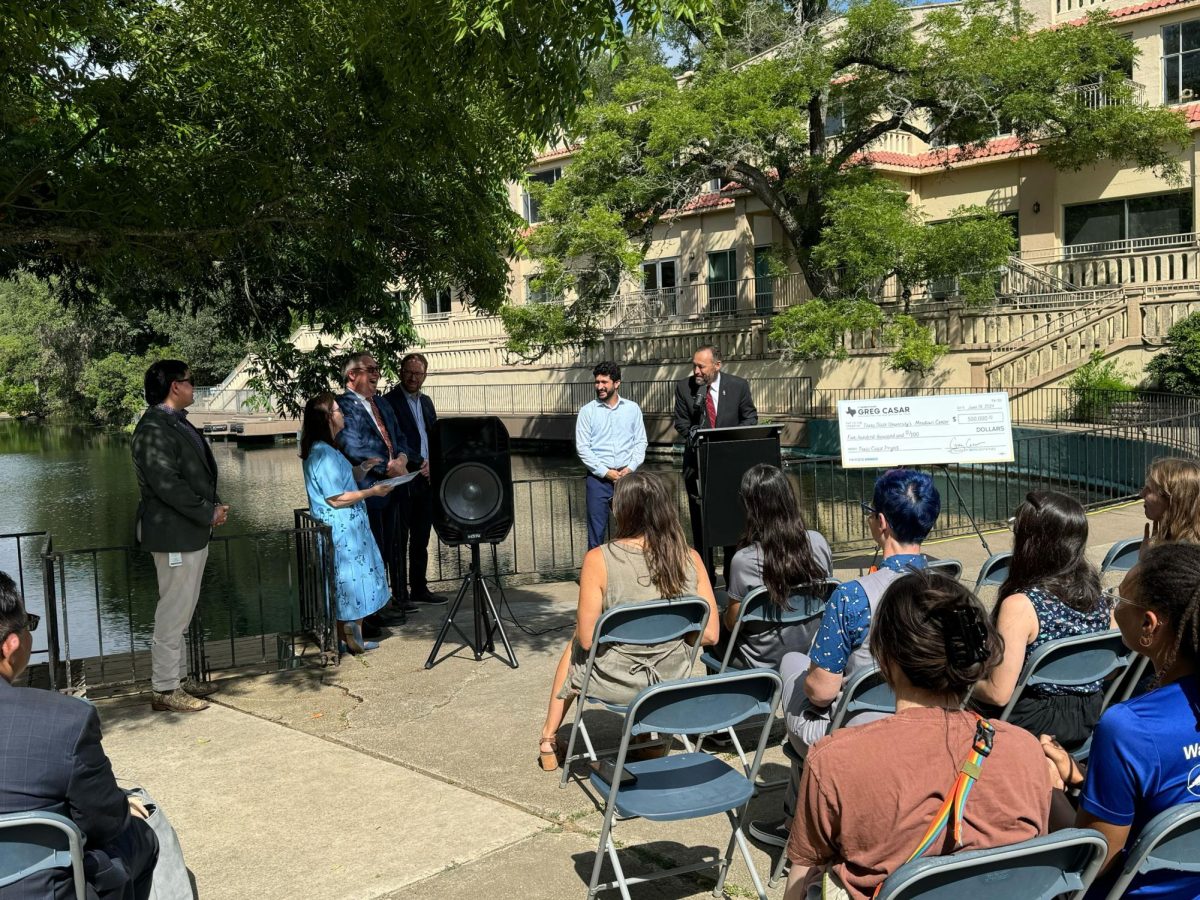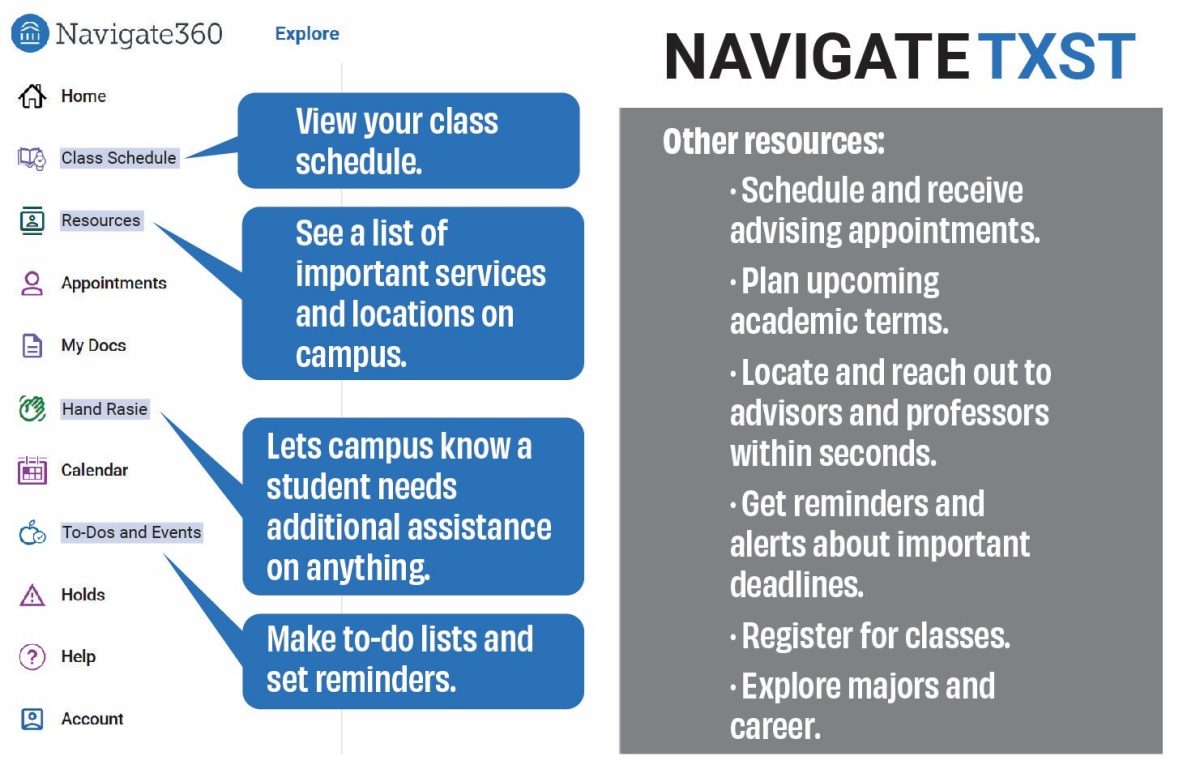Texas State resumed diversity, equity and inclusion training following its pause after a September executive order from U.S. President Donald Trump barred “divisive training” in the federal workforce.
The Sept. 22 order mandated that no federal workforce institution would engage in training comprising of “race or sex stereotyping or scapegoating,” defining the phrase as placing traits, beliefs, bias and blame on any group or individual “by virtue of their race or sex.” Notably, this put the legal standing of diversity training in government institutions receiving federal loans and grants across the nation in jeopardy.
An email from Dr. Stella Silva, interim director of Equity and Inclusion, states the Texas State University System Office of the General Counsel worked in conjunction with the university when making the decision to continue DEI training while complying with the order. Members of the Workplace Training Review Sub-Committee from the university’s Council on Inclusive Excellence were listed in the email, along with the subcommittee’s mission of creating DEI training which abides by the order.
“Our work allows Texas State to protect federal resources for our students while staying true to its core university values of diversity, equity, and inclusion,” Silva stated in the email.
The University Star spoke with Texas State President Denise Trauth on Oct. 14 about the implications of the order and what violating it entailed for the university. Trauth says DEI training was initially paused because violating the order could have meant the loss of money Texas State receives from the federal government, and the university wanted to understand the complete implications of the order.
“Texas State receives a great deal of funding from the federal government, primarily in student financial aid, but also in other parts of the universities like the TRIO programs and faculty research,” Trauth said.
The order specifically mentions funds will not be administered to institutions within the federal workforce engaging in “promot[ing] race or sex stereotyping or scapegoating.”
The Texas State University System Office of General Counsel declined to comment on what “race or sex stereotyping or scapegoating” specifically entails.
Trauth says the spirit of the DEI training would remain intact despite the broad and, at times, vague limits the order placed on federal institutions.
“Our goal here is to make Texas State University an inclusive and equitable community, and to do that to the fullest extent of our ability, and that isn’t going to change. But there are some words and topics that we need to look at, and make a determination of what the executive order is requiring, and how we can comply with it,” Trauth said.
Dr. Ben Martin is the chair of the Diversity, Equity and Inclusion Training Task Force created by Trauth before the order was signed. The task force’s mission is to inventory the university’s DEI training and determine whether it should be implemented on a wide scale at Texas State. Unlike DEI workforce training, Martin’s task force was only slightly delayed by the order but continued its proceedings shortly after.
“I think we need to answer is, ‘is [mandatory DEI] something we should do?’” Martin said. “It’s an open question. There’s pros and cons associated with it. Secondly, ‘what should that content be?’”
Trauth appointed the rest of the task force Oct. 7, and its work will likely not be concluded for several more months. Trauth views the committee as an avenue to investigate the wide array of options Texas State has for diversity training rather than a think tank for the actual training.
“I don’t see this committee designing diversity training so much as making recommendations about the various products out there [and] the ways other universities approach it,” Trauth said.
Trauth expressed confidence in the DEI subcommittee’s ability to deliver informative training representing Texas State’s ideals while still obeying the executive order.
“We will not defy the order, but I believe we can achieve our goals and, frankly, discuss the kinds of things that need to be discussed in diversity training and still comply with the executive order,” Trauth said.
Texas State resumes diversity training
October 28, 2020
Donate to The University Star
Your donation will support the student journalists of Texas State University. Your contribution will allow us to purchase equipment and cover our annual website hosting costs.
























